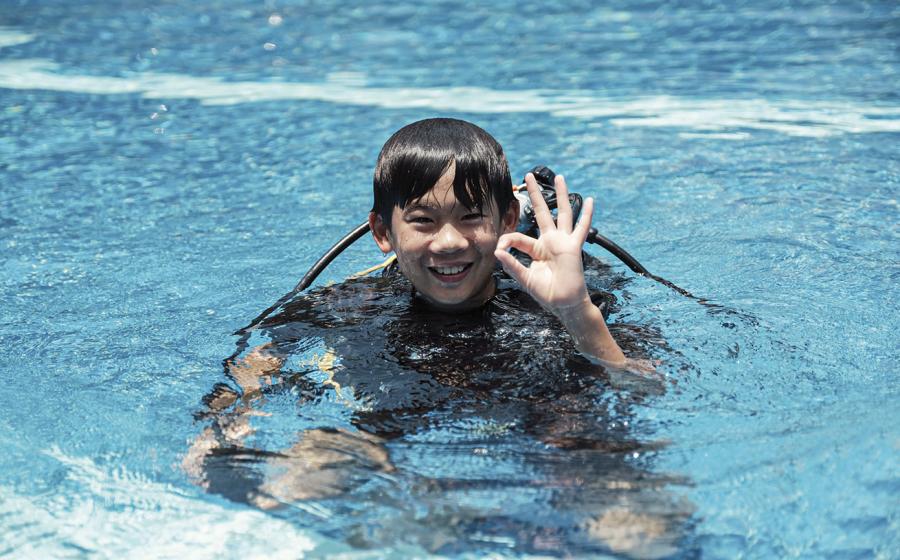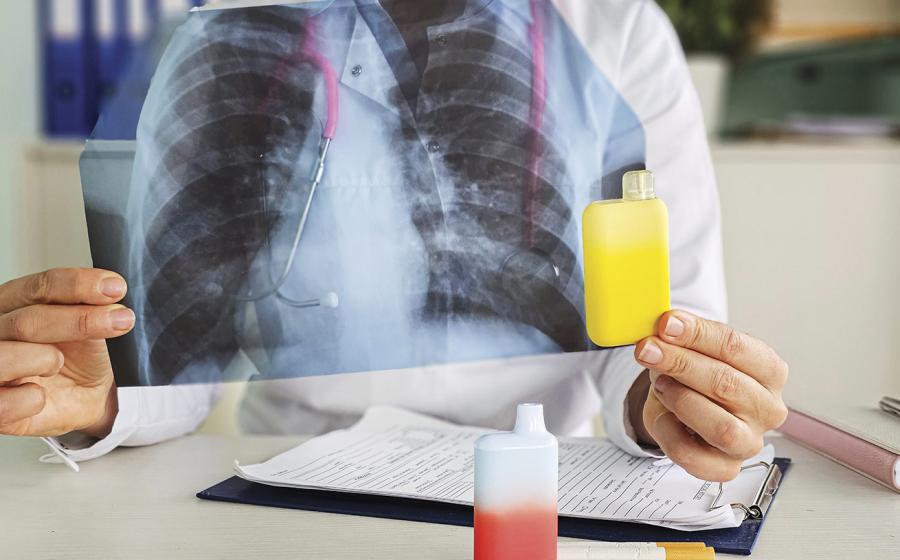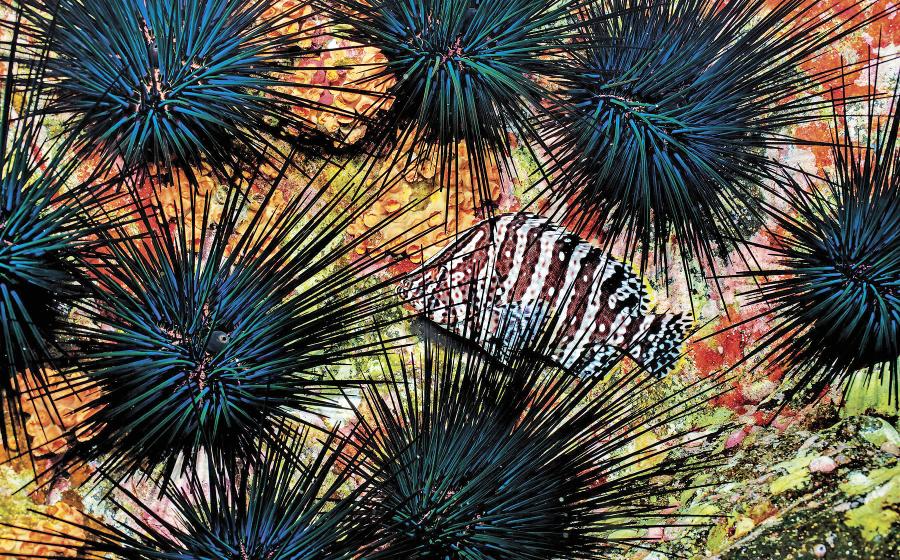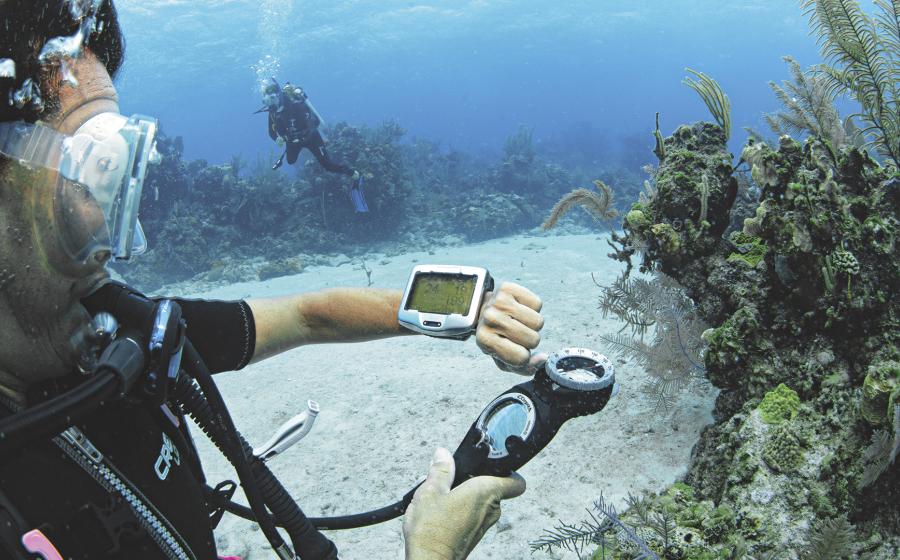As diving technology advances over the years, one thing remains constant: the importance of understanding and managing your air consumption.
Ask DAN Articles
Dive trips on liveaboards offer some of the biggest adventures at sea. But with so much time spent on the open seas and myriad operators to choose from, it's important to book one with top-notch safety practices. Here's what to look for.
Diving can be a fantastic experience for children, but it requires careful planning, medical evaluation and safety measures. Here's what you need to know about children and diving.
People have been using tobacco for millennia, but vapes are still relatively new to the market. How does this alternative cigarette affect your body—and what does it do to your ability to dive?
Diving inherently requires some degree of fitness, but certain dives require more strength and stamina than others. Here's how staying fit can make you a better (and safer) diver.
Cold water diving poses unique hazards due to how temperature affects our bodies and dive equipment. Experts from DAN weigh in on how to stay safe when diving in cold environments.
Sea urchins pose a hazards to unwary divers. Understanding how to avoid, identify and treat these injuries is crucial for a safe and enjoyable diving experience.
Divers have a lot of tasks to juggle while in the water, and it can get overwhelming. Here's how to efficiently manage your task load and maximize your safety and comfort in the water.









